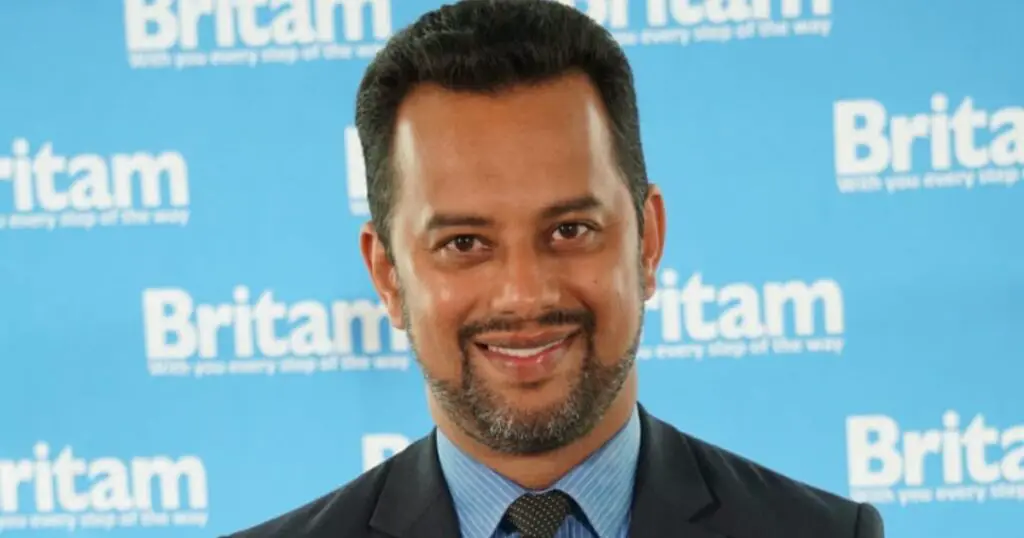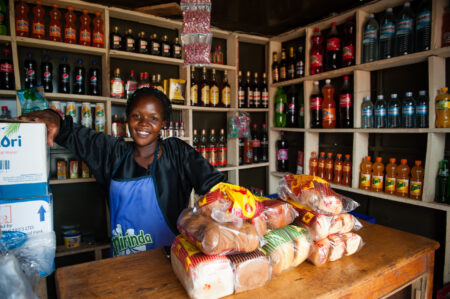- Britam Holdings says it is changing tact to focus on low-income earners, even as it marks paying KSh 3 billion ($26.3 million) in health and life insurance claims to under-insured customers since 2015
- Emerging Consumer Business Director Saurabh Sharma said many Kenyans could not afford insurance covers currently offered in the Kenyan market
- Sharma noted that low-income earners continued to be the ones affected mainly by risk events, including hospital admissions, loss of a loved one, or business interruptions such as fires and theft
Kenyan insurer Britam Holdings says it is changing tact to focus on low-income earners, even as it marks paying KSh 3 billion ($26.3 million) in health and life insurance claims to under-insured customers since 2015.
The company’s Emerging Consumer Business Director Saurabh Sharma said many Kenyans, especially smallholder farmers and small businesses, could not afford insurance covers currently offered in the Kenyan market.
Sharma noted that low-income earners continued to be the ones affected mainly by risk events, including hospital admissions, loss of a loved one, or business interruptions such as fires and theft.
Quoting the Finaccess report by the Central Bank of Kenya, Sharma said that insurance penetration is one-third of what it is in the higher income segment for the lower-income segments.
“This clearly shows the huge protection gap. These are the communities that need insurance more than others,” Sharma said.
Unlike the low-income earners, high-income earners, especially those in formal employment, are covered by their employers against significant risks, particularly hospital admissions.
Britam recovers from pandemic effects to post Sh376.3 in net profit
Where the problem lies
According to the expert, the low penetration of insurance uptake can be pegged on various reasons, including too much focus on high net worth individuals and lack of understanding of how insurance works.
“On the supply side, most insurance companies focus on offering their products to corporate clients and those with money. On the demand side, many Kenyans do not understand how insurance works, so they do not trust them.”
Offering simplified solutions
Britam is now offering simple and easy-to-use products to capture a largely ignored market.
Through their Emerging Customers Business, the company is now focusing on meeting the needs of a large segment of Kenyans who insurance companies have ignored.
“The Emerging Customers Business is a business on its own through which we solely focus on the everyday Kenyan, not the high net worth Kenyans,” he said.

Sharma said they have been working with like-minded partners who can reach more people.
“We are working with telecommunications companies, ride-hailing companies and e-commerce companies to reach more people,” he said.
For instance, the company is working with farmers’ associations to reach smallholder farmers. Its other key partners include health financing technology firm M-Tiba and ride-hailing app Little.
“With the ride-hailing apps, for instance, we are working together to promote insurance services that are as low as KSh 5 of KSh 10 per day,” Sharma said, adding that they had already sold one million policies, effectively covering the policyholders and their families.
Sharma said the model was working, adding that Britam has paid more than KSh 400 million in claims on an average every year to the most vulnerable customer groups such as low-income families and small businesses.
Deal with M-Tiba
Last year, The Exchange Africa reported that Britam partnered with Carepay to develop digital products to increase health insurance market penetration in Kenya.
The partnership was forged to help Britam and Carepay explore new mobile channels for Britam’s fast-growing micro insurance portfolio and the future management of retail and SME health insurance clients.
“The first offering of this partnership will be a mobile-based inpatient health insurance available to over 4 million M-TIBA registered users,” the partners said during the launch.
Britam pioneered the microinsurance sector back in 2012 and is now the largest micro insurance provider in Kenya (AKI, 2018). It serves over 700,000 micro insurance members with innovative health, funeral and credit-linked solutions.
M-TIBA was developed by CarePay, in collaboration with PharmAccess and Safaricom. It has over 4 million registered users nationwide and is accepted by over 3,000 healthcare facilities.











